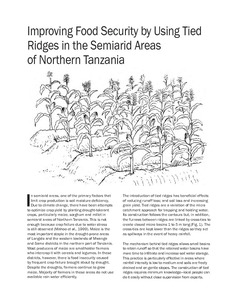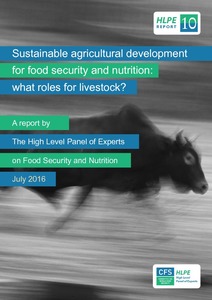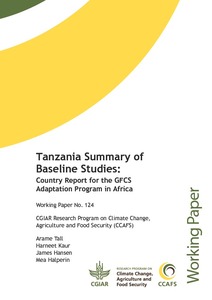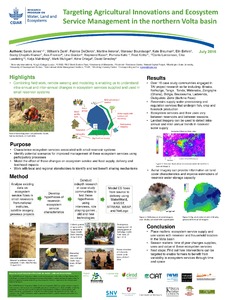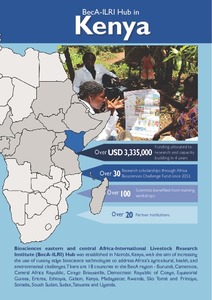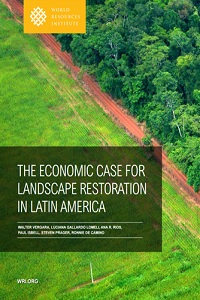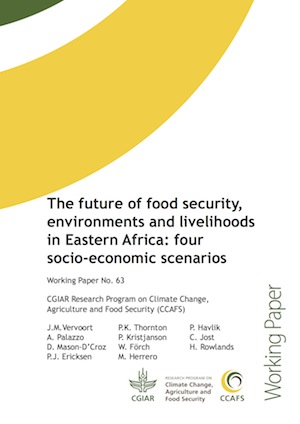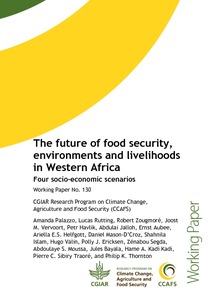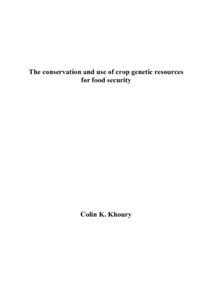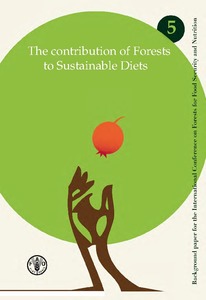Sustainable agricultural development for food security and nutrition: What roles for livestock? A report by the High Level Panel of Experts on Food Security and Nutrition of the Committee on World Food Security
This report addresses the economic, environmental and social dimensions of agricultural development, with the objective of ensuring food and nutrition security, in terms of availability, access, utilization and stability. It focuses on the livestock component of agricultural systems, given the role of livestock as an engine for the development of the agriculture and food sector, and as a driver of major economic, social and environmental changes in food systems worldwide.
Sustainable intensification of agriculture for human prosperity and global sustainability
There is an ongoing debate on what constitutes sustainable intensification of agriculture (SIA). In this paper, we propose that a paradigm for sustainable intensification can be defined and translated into an operational framework for agricultural development. We argue that this paradigm must now be defined—at all scales—in the context of rapidly rising global environmental changes in the Anthropocene, while focusing on eradicating poverty and hunger and contributing to human wellbeing.
Sustaining irrigated agriculture for food security: a perspective from Pakistan.
Humanity is facing an enormous challenge in managing water to secure adequate food production. By the middle of this century, the world?s population is projected to reach 9.1 billion, 34 percent higher than today. Nearly all of this increase will occur in developing countries. In order to respond to the expected demand of this larger, more urban and, on average, richer population, food production must increase by about 70% as estimated by the FAO.
Tanzania Summary of Baseline Studies: Country Report for the GFCS Adaptation Program in Africa
This report reflects upon the consolidated findings from the baseline and scoping studies conducted under the auspices of Global Framework for Climate Services (GFCS) Adaptation Programme in Africa. It identifies gaps in climate information access and use at the local level, type of climate services farmers and pastoralists need in Tanzania, relevant channels to reach farmers with requested services, lead-time and gender specific requirements.
The Economic Case for Landscape Restoration in Latin America
Degraded lands—lands that have lost some degree of their natural productivity through human activity—account for over 20 percent of forest and agricultural lands in Latin America and the Caribbean. Some 300 million hectares of the region’s forests are considered degraded, and about 350 million hectares are now classified as deforested. The agriculture and forestry sectors are growing and exerting great pressure on natural areas. With the region expected to play an increasingly important role in global food security, this pressure will continue to ratchet up.
The future of food security, environments and livelihoods in Eastern Africa: four socio-economic scenarios
This report presents 4 scenarios for the future of food security, agriculture, livelihoods and environments in East Africa. These scenarios were developed by the CGIAR Research Program on Climate Change, Agriculture and Food Security in collaboration with a wide range of regional stakeholders. The report discusses the theory and development process
The future of food security, environments and livelihoods in Western Africa: Four socio-economic scenarios
This working paper examines the development of regional socioeconomic scenarios for West Africa’s development, agriculture, food security and climate impacts. We present four globally consistent regional scenarios framed and outlined by regional experts who crafted narratives and determined key drivers of change. Stakeholders identified the type of actors driving change and the timeline of strategic planning as the most uncertain and most relevant factors of change affecting food security, livelihoods and environments in the region.

